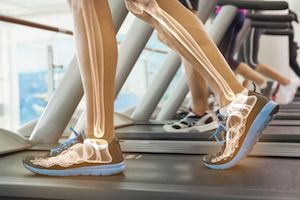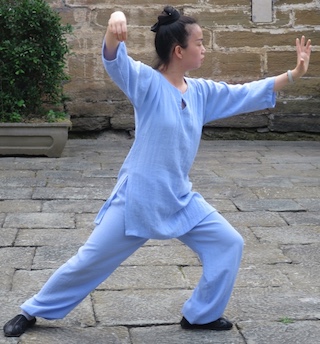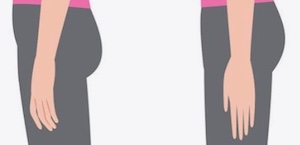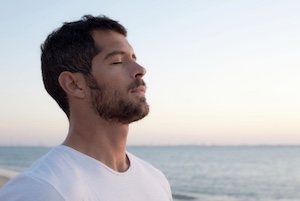Qigong and Tai Chi Meditation
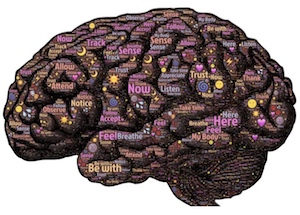
Mindfulness meditation and relaxation response affect brain differently. The Harvard Gazette: A study shows that both mindful meditation and the relaxation response provide benefits, however, the mindfulness program resulted in further improvements in measures such as self-compassion and rumination.
Meditation may help you catch mental mistakes - Harvard Health. Meditating for 20 minutes can help people recognize mental mistakes and, perhaps, avoid them in the future, according to a recent study.
The balance in healthy aging. The Harvard Gazette: Tai Chi can prevent elderly from falls, add mental agility.
Harvard Medical School says regular meditation is more beneficial than vacation. As mindfulness meditation and yoga have become mainstream and more extensively studied, growing evidence suggests multiple psychological and physical benefits of these mindfulness exercises, as well as for similar practices like tai chi and qi gong. Systematic reviews and meta-analyses analyzing hundreds of research studies suggest that mindfulness-based interventions help decrease anxiety, depression, stress, and pain, and help improve general health, mental health, and quality of life. These practices also appear to reduce inflammation and increase immune response.
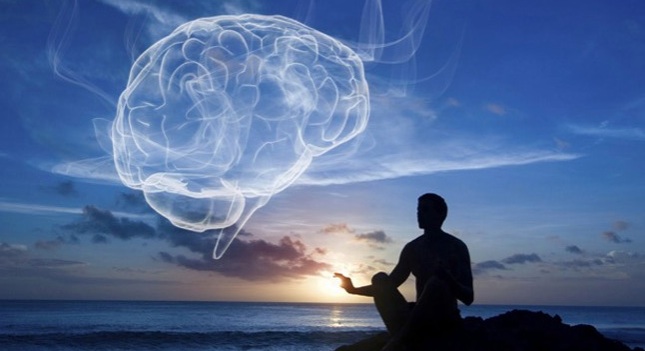 Harvard Unveils MRI Study Proving Meditation Literally Rebuilds The Brain’s Gray Matter In 8 Weeks.
Harvard Unveils MRI Study Proving Meditation Literally Rebuilds The Brain’s Gray Matter In 8 Weeks.
Mindfulness meditation may ease anxiety, mental stress. Harvard Health Blog.
 Systematic review finds the use of MBSR and MBCT alleviate symptoms, both mental and physical, in the treatment of cancer, cardiovascular disease, chronic pain, depression, anxiety disorders and in prevention in healthy adults and children.
Systematic review finds the use of MBSR and MBCT alleviate symptoms, both mental and physical, in the treatment of cancer, cardiovascular disease, chronic pain, depression, anxiety disorders and in prevention in healthy adults and children.
When researchers from Johns Hopkins University in Baltimore, MD sifted through nearly 19,000 meditation studies, they found 47 trials that addressed those issues and met their criteria for well-designed studies. Their findings, published in JAMA Internal Medicine, suggest that mindfulness meditation can help ease psychological stresses like anxiety, depression, and pain.
Relax - it's good for you. Researchers at Harvard Medical School completed a comprehensive scientific study showing that deep relaxation changes our bodies on a genetic level. What they discovered is that, in long-term practitioners of relaxation methods such as yoga and meditation, far more ''disease-fighting genes'' were active, compared to those who practised no form of relaxation. The research is pivotal because it shows how a person's state of mind affects the body on a physical and genetic level.
Meditation Might Reduce Stress and Enhance Health. A short video (9:48) introduction to the history of meditation and its integration into medical research and clinical practice by Anne Harrington, Professor for the History of Science in the Department of the History of Science at Harvard University.
Harvard Yoga Scientists Find Proof of Meditation Benefit. Unlike earlier studies, this one is the first to focus on participants with high levels of stress. The study published in May in the medical journal PloS One showed that one session of relaxation-response practice (i.e. the meditation component of qigong or yoga) was enough to enhance the expression of genes involved in energy metabolism and insulin secretion and reduce expression of genes linked to inflammatory response and stress. There was an effect even among novices who had never practiced before.
Meditation offers significant heart benefits. Meditation can be a useful part of cardiovascular risk reduction. It appears to produce changes in brain activity that can lead to less sympathetic nerve outflow from the brain to the rest of the body. It also can lower heart rate, blood pressure, breathing rate, oxygen consumption, adrenaline levels, and levels of cortisol, a hormone released in response to stress. There are many types of meditation that can result in physiological benefits, such as guided meditation, transcendental meditation, and mindfulness meditation. It takes at least 10 minutes of meditation per day to get the physiological benefits.
What meditation can do for your mind, mood, and health. Meditation is an effective way to reduce stress, anxiety, pain, and depression. There are many different forms of meditation, including transcendental and mindfulness. Women are encouraged to experiment until they find the meditation form most effective for them.
Eight weeks to a better brain. Participating in an eight-week mindfulness meditation program appears to make measurable changes in brain regions associated with memory, sense of self, empathy, and stress. In a study that will appear in the Jan. 30 issue of Psychiatry Research: Neuroimaging, a team led by Harvard-affiliated researchers at Massachusetts General Hospital (MGH) reported the results of their study, the first to document meditation-produced changes over time in the brain’s gray matter. “Although the practice of meditation is associated with a sense of peacefulness and physical relaxation, practitioners have long claimed that meditation also provides cognitive and psychological benefits that persist throughout the day,” says study senior author Sara Lazar of the MGH Psychiatric Neuroimaging Research Program and a Harvard Medical School instructor in psychology. “This study demonstrates that changes in brain structure may underlie some of these reported improvements and that people are not just feeling better because they are spending time relaxing.”




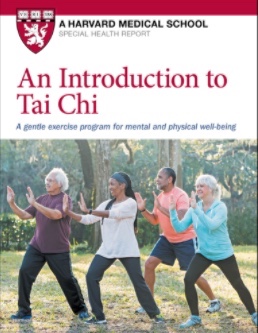

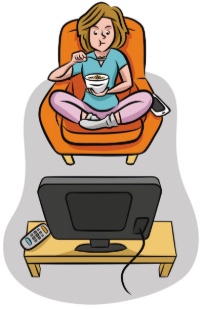


 Harvard Unveils MRI Study Proving Meditation Literally Rebuilds The Brain’s Gray Matter In 8 Weeks
Harvard Unveils MRI Study Proving Meditation Literally Rebuilds The Brain’s Gray Matter In 8 Weeks
